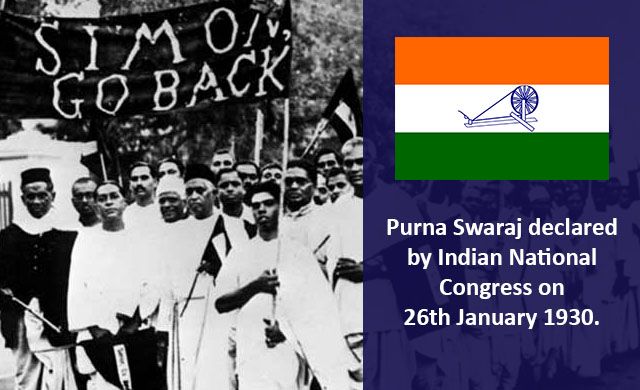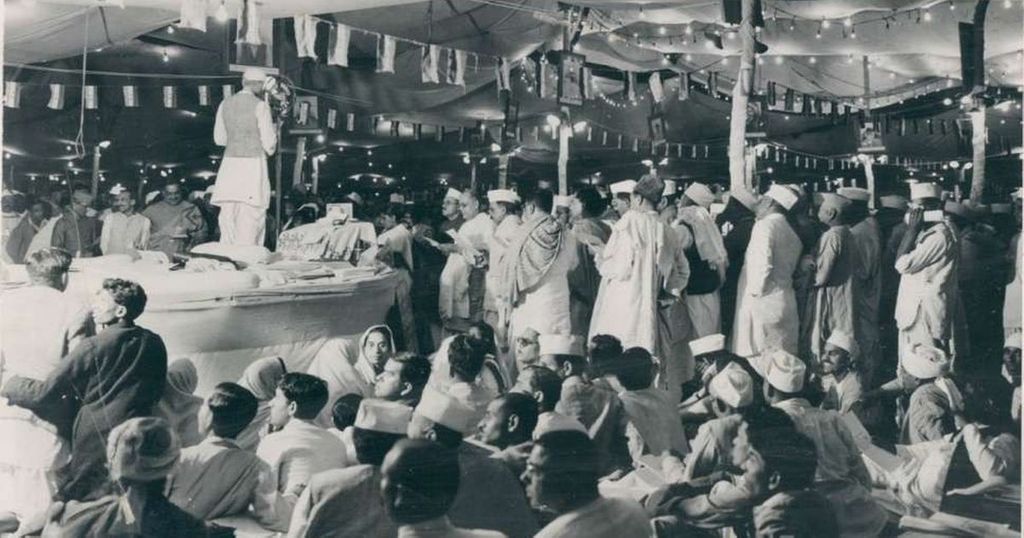Poorna Swaraj:Moderates Vs Extremists
Mar 22, 2019 • 75 views
Despite their success in arousing nationalistic feelings ,political awareness and national unity ,the Moderates did fail in many aspects .The major reasons they failed to carry conviction with the nation about their proclaimed ideology and political goals were-
Lack of major political development -The Moderate failure to bring in any major political reforms. The 1892 Govt of India Act was seen as a very weak reform ,if any at all that failed to appease anyone.
Lack of mass participation- There was an early belief that the mass was not yet ready for a political struggle and first needed to be politically sensitized .The intent may have been benevolent but it was seen as one of the major reasons of the early national movement.
Accusations of being too soft-The methods adopted by the moderates were seen as being too soft that failed to persuade the British ,who in turn took them lightly and easily brushed aside their demands .This inturn failed to inspire the people and raised many doubts about their abilities.
Restricted participation-The early national movement saw a very restricted participation from the modern educated and urban population.Rural participation was very restricted.
Many such reasons ultimately led the Indian Independence Movement to become increasingly extremist.The demand for self rule,home rule and dominion states was replaced by the demand for complete independence from the British Rule. This was formalised in the Lahore Session of the Congress ,1929 where the call for Poorna Swaraj was given.

This shift in the ideology of the national movementcan be attributed to the growing influence of the extremists in the Indian National Congress and subsequent decline of the Moderates. Also the failure of the moderate method to weild any result was one of the reasons for the movement to take an extremist turn.
The shift in ideology was met by positive response from different sectionsof the society.The massses that had been politically redundant until then had a role to play in the greater scheme of things.The first mass involvement in a national movement,the Non-Cooperation Movement 1919-22 saw people participating from all aspects of life.It further galvanised the population and the need to eradicate foreign rule became more apparent.
The Civil Disobedience Movement with the goal of "Poorna Swaraj" was met by equal fervour.Even though such mass movements failed to bring about immediate political results,it was successful in galvanising the masses from the ruled hinterland of the country.

The Congress takes the pledge for Poorna Swaraj in December 1929.
